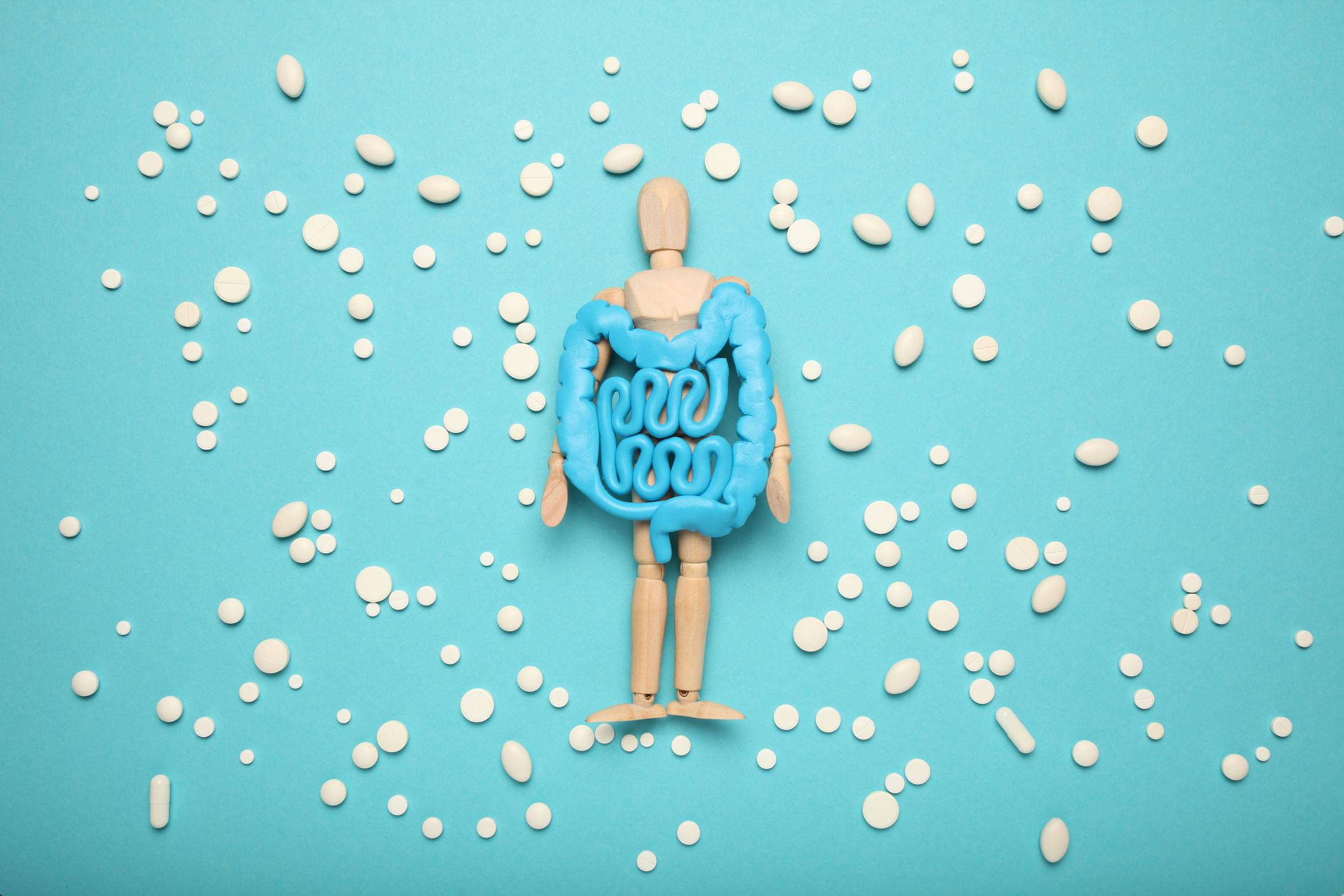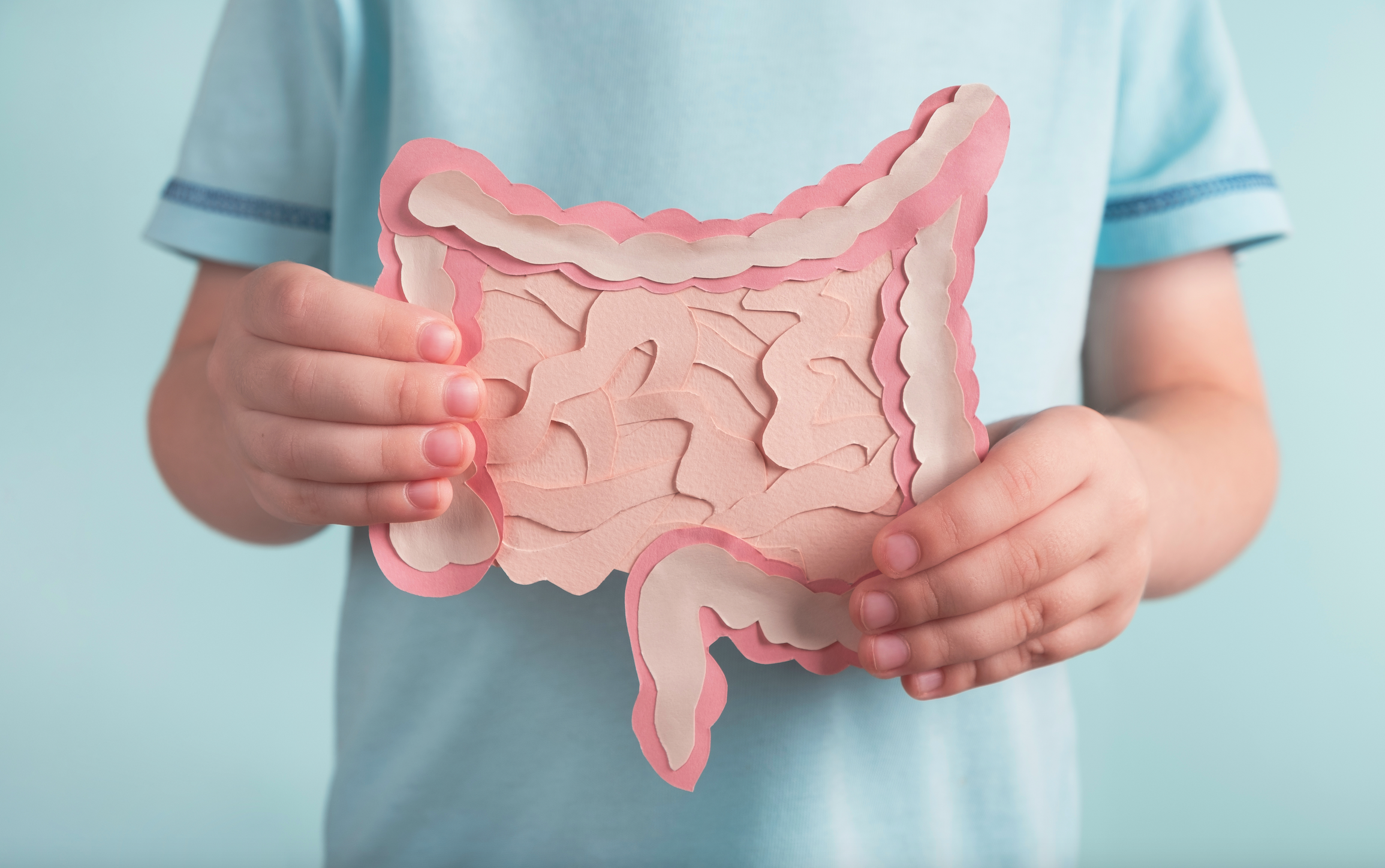Soft Drink Consumption and Depression Mediated by Gut Microbiome Alterations

This multicenter cohort study conducted in Germany examines the association between soft drink consumption and major depressive disorder (MDD) diagnosis and severity, with a specific focus on the mediating role of gut microbiota. Data were analyzed from 405 MDD patients and 527 healthy controls recruited between September 2014 and September 2018. Findings indicate that soft drink consumption significantly predicts MDD diagnosis (odds ratio [OR], 1.081; 95% CI, 1.008-1.159; P = .03) and symptom severity (P < .001; partial η2 [ηp2], 0.012; 95% CI, 0.004-0.035), with pronounced effects observed in female participants. In females, soft drink consumption was associated with increased Eggerthella abundance (P = .007; ηp² = 0.017; 95% CI, 0.0002-0.068), whereas no significant link was found with Hungatella. Mediation analyses revealed that Eggerthella significantly mediated the association between soft drink consumption and MDD, accounting for 3.82% of the effect on diagnosis and 5.00% of the effect on symptom severity (diagnosis: P = .011; severity: P = .005). These results suggest that alterations in gut microbiota, particularly involving Eggerthella, may play a role in the relationship between soft drink consumption and MDD. The findings highlight the potential for public health strategies aimed at reducing soft drink intake to mitigate depression risk, especially in vulnerable populations. Additionally, interventions targeting microbiome composition may offer promising avenues for depression treatment. [NPID: soft drink, depression, depressive disorder, microbiota, eggerthella]
Year: 2025
 Navigation
Navigation








